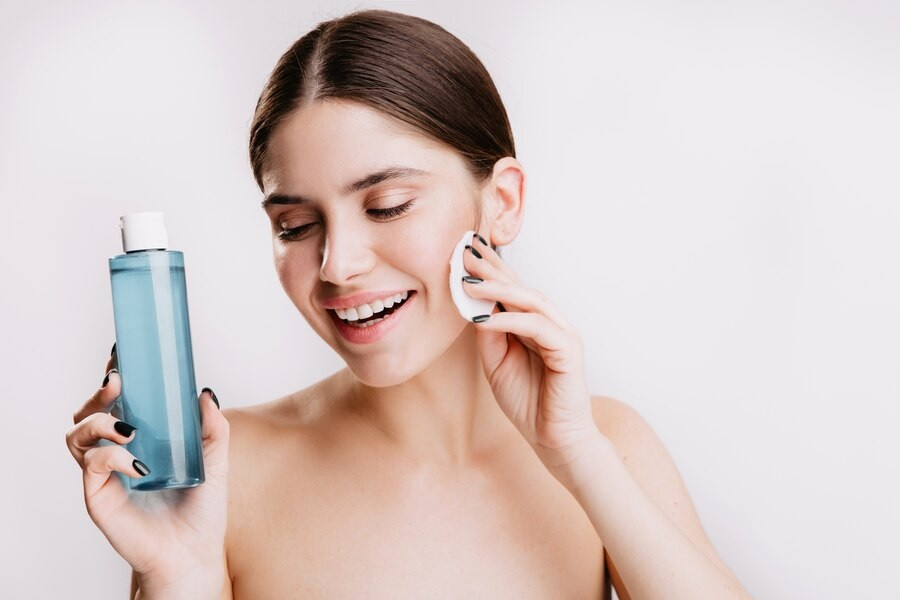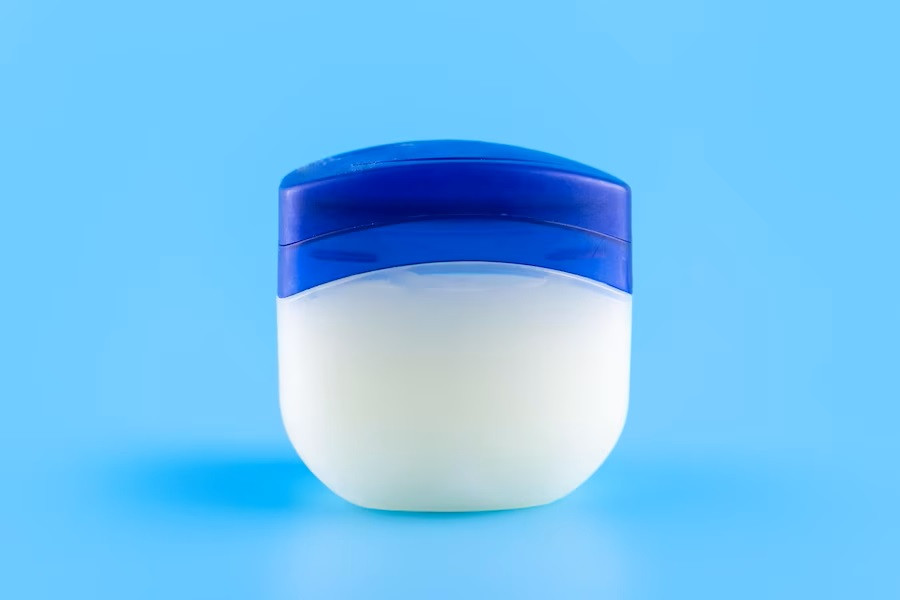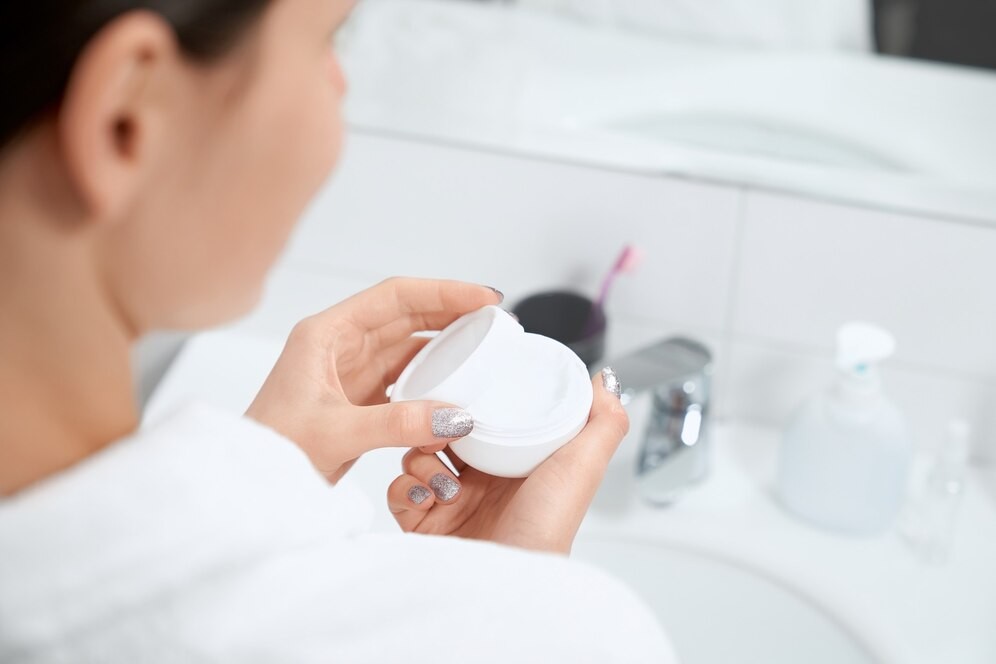Toner menjadi salah satu produk perawatan kulit yang cukup populer dan direkomendasikan digunakan dalam rutinitas perawatan wajah. Dalam evolusinya, kini toner cenderung berbahan air, bukan lagi alkohol sehingga memberikan sensasi segar dan ringan di kulit. Formulasi berbahan dasar air ini lebih ramah di kulit dan tidak menyebabkan kekeringan serta iritasi.
Toner Zaman Dahulu Vs Toner Zaman Sekarang
Selain produk perawatan kulit lain, toner juga penting dalam proses pembersihan wajah. Produk berbentuk cair atau losion ini biasanya digunakan sebelum pelembap.
Pada generasi sebelumnya, toner digunakan untuk menghilangkan sisa-sisa kotoran, minyak berlebih atau residu pembersih yang mungkin tertinggal setelah mencuci wajah. Namun, dengan cara kerja tersebut, toner sering kali mengandung alkohol dengan tingkat kekeringan yang tinggi.
Kini, konsep toner berubah. Konsep toner dalam kecantikan Korea memperkenalkan toner yang dirancang untuk memberikan manfaat yang lebih luas, termasuk melembapkan, menenangkan dan mempersiapkan kulit untuk produk perawatan selanjutnya. Penggunaan toner tidak lagi terfokus pada penghilangan minyak dan kotoran, selain itu formulanya menjadi lebih ringan seperti air dan tanpa alkohol.
Baca Juga: Ketahui Perbedaan Astringent Vs Toner, Mana yang Terbaik untuk Kulit?
Manfaat Menggunakan Toner
Menggunakan toner sebagai salah satu perawatan rutin wajah memberikan beberapa manfaat, di antaranya:
- Membantu menghilangkan sisa-sisa kotoran, minyak berlebih dan residu yang tertinggal. Langkah ini penting untuk menjaga pori-pori tetap bersih dan mencegah penyumbatan
- Membantu mempersiapkan kulit untuk menyerap peroduk perawatan kulit yang diterapkan selanjutnya dengan lebih baik, misalnya serum, pelembap atau krim malam
- Toner yang mengandung bahan-bahan seperti asam hialuronat dapat membantu melembapkan kulit
- Meskipun toner tidak secara permanen mengecilkan ukuran pori-pori, penggunaan toner rutin dapat membantu membuat pori-pori terlihat lebih kecil
- Beberapa toner dirancang untuk mengembalikan keseimbangan pH kulit sehingga lebih tahan terhadap infeksi dan iritasi
- Beberapa toner juga mengandung asam alfa hidroksi (AHA) atau asam beta hidroksi (BHA) untuk membantu mengelupas sel-sel kulit mati sehingga cocok digunakan untuk kulit berjerawat
Baca Juga: Cara Kerja Asam Hialuronat Merawat Kulit
Memilih Toner Sesuai Jenis Kulit
Memilih toner yang sesuai dengan jenis kulit sangat penting untuk mendapatkan manfaat yang maksimal. Berikut adalah beberapa panduan memilih toner berdasarkan jenis kulit:
Untuk kulit berminyak
Kulit berminyak memiliki masalah kelebihan produksi minyak sehingga jenis toner yang cocok adalah yang dapat membantu mengatasi minyak berlebih, misalnya asam salisilat dan asam glikolat yang dapat membantu eksfoliasi kulit dan mengurangi penyumbatan pori-pori atau niacinamide yang dapat membantu mengecilkan tampilan pori-pori.
Untuk kulit berjerawat
Kulit berjerawat perlu menggunakan toner yang ringan dan lembut untuk menghindari iritasi tambahan pada kulit yang rentan jerawat. Hindari memilih toner yang mengandung alkohol. Pilih jenis toner dengan kandungan asam alfa hidroksi (AHA) yang dapat membantu mengangkat kulit mati dan mengurangi minyak.
Untuk kulit kering
Kulit yang kering perlu menghindari toner dengan kandungan alkohol yang dapat menyebabkan iritasi dan mengeringkan kulit. Toner yang digunakan sebaiknya mengandung humektan yang dapat memberikan kelembapan di kulit seperti asam hialuronat, vitamin E dan gliserin.
Untuk kulit kombinasi
Kulit kombinasi memiliki masalah kombinasi kulit berminyak dan kering, yang direkomendasikan untuk menggunakan toner berbahan dasar asam hialuronat dan asam salisilat, asam laktat serta vitamin C sebagai antioksidan. Hindari menggunakan toner berbahan dasar alkohol.
Merasa bingung dalam memilih toner yang tepat untuk jenis kulit Anda? Anda bisa memanfaatkan layanan konsultasi kesehatan dan berkonsultasi dengan dokter melalui aplikasi Ai Care yang bisa diunduh di App Store atau Play Store.
Mau tahu tips dan trik kesehatan, pertolongan pertama, dan home remedies lainnya? Cek di sini, ya!
- dr. Monica Salim
Cleveland Clinic (2023). Face Toners: The Skin Care Product Gets a Reboot. Available from: https://health.clevelandclinic.org/what-does-toner-do
Maya Allen (2023). What Does Face Toner Do, and Do You Really Need to Use One?. Available from: https://www.byrdie.com/what-does-toner-do
Lauren Sharkey (2020). Think Toners Are Pointless and Drying? You Might Want to Reconsider. Available from: https://www.healthline.com/health/beauty-skin-care/what-does-toner-do
English Taylor (2019). Using a Toner Will Totally Change Your Skin. Available from: https://www.healthline.com/health/beauty-skincare/what-is-a-toner-skin-benefits
Jennifer Welsh (2023). What’s the Truth About Salicylic Acid Skin Benefits?. Available from: https://www.verywellhealth.com/salicylic-acid-7501708
WebMD. Glycolic Acid: Uses, Side Effects, and More. Available from: https://www.webmd.com/vitamins/ai/ingredientmono-1685/glycolic-acid
Jessica Caporuscio, PharmD (2021). Understanding the difference between AHA and BHA for skin care. Available from: https://www.medicalnewstoday.com/articles/aha-vs-bha
Cleveland Clinic (2022). Hyaluronic Acid. Available from: https://my.clevelandclinic.org/health/articles/22915-hyaluronic-acid
Lauren Sharkey (2020). Combination Skin? Here’s How to Identify and Create the Right Routine. Available from: https://www.healthline.com/health/beauty-skin-care/combination-skin











